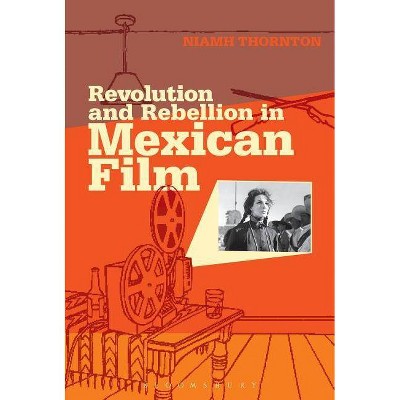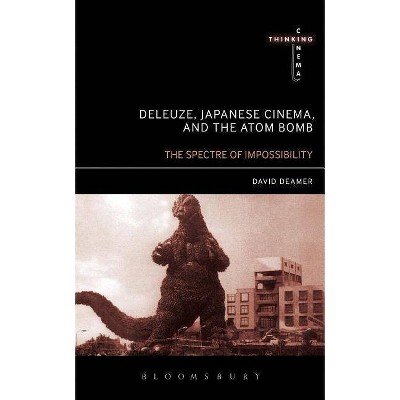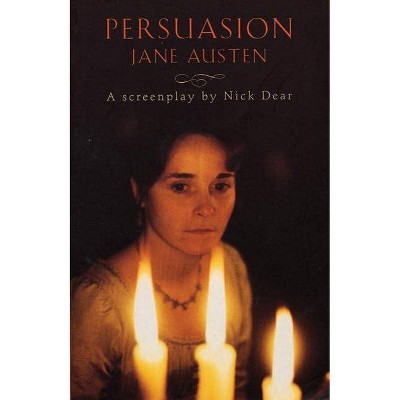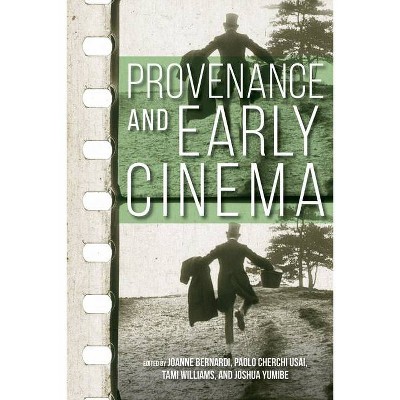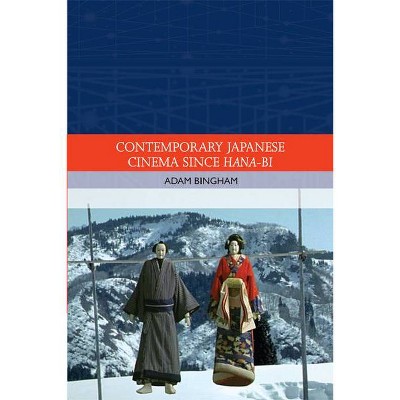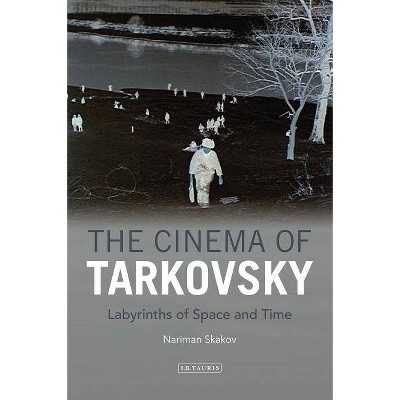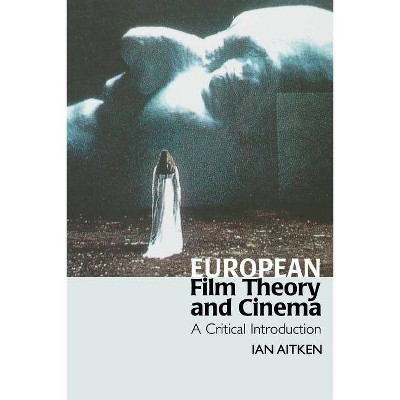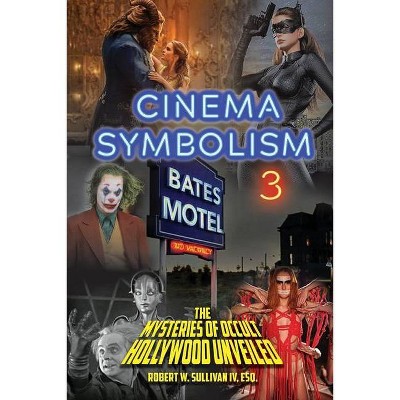Divine Work, Japanese Colonial Cinema and its Legacy - (Topics and Issues in National Cinema) by Kate Taylor-Jones (Paperback)
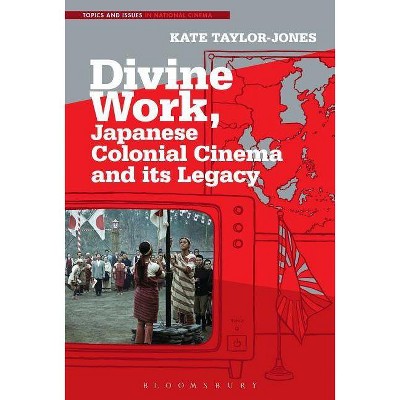
Similar Products
Products of same category from the store
AllProduct info
<p/><br></br><p><b> Book Synopsis </b></p></br></br>For many East Asian nations, cinema and Japanese Imperialism arrived within a few years of each other. Exploring topics such as landscape, gender, modernity and military recruitment, this study details how the respective national cinemas of Japan's territories struggled under, but also engaged with, the Japanese Imperial structures. Japan was ostensibly committed to an ethos of pan-Asianism and this study explores how this sense of the transnational was conveyed cinematically across the occupied lands. Taylor-Jones traces how cinema in the region post-1945 needs to be understood not only in terms of past colonial relationships, but also in relation to how the post-colonial has engaged with shifting political alliances, the opportunities for technological advancement and knowledge, the promise of larger consumer markets, and specific historical conditions of each decade.<p/><br></br><p><b> Review Quotes </b></p></br></br><br>Concise, lucid, and deeply researched, <i>Divine Work</i> shows the historical roots of contemporary contours of globalization in East Asia. Kate Taylor-Jones makes a qualitative leap by working from the transnational perspective of the empire rather than a Japanese national one. Her prodigious excavations in far-flung and not always easily accessed archives produce a true revelation for her readers - we see Japanese colonial cinema in a whole new way. Investigating how colonized and colonizer worked together in complex relationships under conditions of subjugation and exploitation, she looks at films made by Koreans, Chinese and other subjects and citizens to show how they imagined gender, modernity, landscapes and more. The second half the book demonstrates that this repudiated project has contemporary legacies, ranging from Pan-Asian cinematic projects to the contentions over the Nanjing Massacre.<br/>Chris Berry, Professor of Film Studies, King's College London, UK<br><br>If there is a study more erudite, more penetrating and just plain more important for any consideration of Japan's forays into crafting an East Asian cinema during its Imperial era and its far-reaching repercussions than Kate Taylor-Jones' <i>Divine Work, Japanese Colonial Cinema and its Legacy</i> I'd sure like to see it. For here we have excavations of forgotten, but fascinating films made alongside Japan's war efforts as well as films made in the modern era that both reflect upon and sometimes replay those trying and dark times. Working in multiple languages with a bibliography that alone is worth the price of admission, Taylor-Jones opens up a vista on films and filmmakers who shaped and were shaped by the momentous events of the Pacific War-a war which changed Japan, China and Korea and whose reverberations are still being felt in the cinema as elsewhere.<br/>David Desser, Emeritus Professor of Cinema Studies, University of Illinois, USA<br><br>With engaging style and sharp observation, Kate Taylor-Jones shows how Orientalist structures of production and representation informed the cinemas of colonial East Asia under Japanese rule, and how these power dynamics continue to operate into the present day. Wide-ranging in scope, considering film in Indonesia, the Philippines and Malaysia as well as Korea, Taiwan and Manchuria, 'Divine Work' demonstrates how collaboration with the Japanese colonizers propelled the film industries of East Asia forwards, simultaneously creating a sense of ambivalence and profound unease regarding cinema's role in Japanese empire-building.<br/>Rachael Hutchinson, Associate Professor of Japanese Studies, University of Delaware, USA and author of Nagai Kafu's Occidentalism: Defining the Japanese Self<br><p/><br></br><p><b> About the Author </b></p></br></br><b>Kate Taylor-Jones </b>is Senior Lecturer in East Asian Studies at The University of Sheffield, UK. She has published on topics including colonial Japanese and Korean cinema, cinema and landscape in East Asia, and domestic violence and the sex trade. She is author of <i>Rising Sun, Divided Land: Japanese and South Korean Filmmakers</i> (2013); and editor-in-chief of the <i>East Asian Journal of Popular Culture</i>. She is co-editor with Fiona Handyside <i>of International Cinema and the Girl: Local Issues, Transnational Contexts</i> (2015).
Price History
Price Archive shows prices from various stores, lets you see history and find the cheapest. There is no actual sale on the website. For all support, inquiry and suggestion messages communication@pricearchive.us
